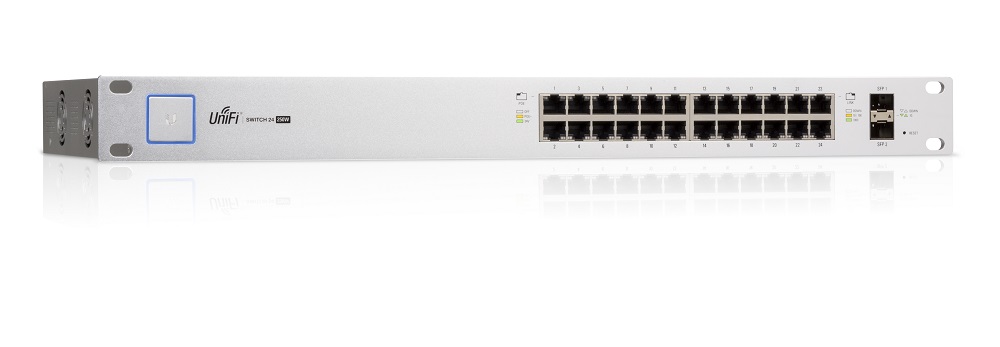See Preliminary Observations of the ER-X for the story leading up to now. I retrieved the ER-X-SFP but after giving it some more thought I concluded that the SFP port shouldn’t provide better throughput because it has to be hanging off the switch.
But I decided to test away anyways. Here’s a baseline iperf run of my test setup:

About what I’d expect from the hardware I’m using: 908 Mb/s uni-directional, 1,465 Mb/s aggregate bi-directional.
Here is the ER-X, with eth0 WAN and switch0 / eth1LAN:

The bi-directional result of 765 Mb/s is one of its better runs, high 600s to low 700s was its general range.
Now, here’s the ER-X-SFP in the same config:

It takes a hit, tho it’s results were consistently in the high 700s — a tiny bit better than the ER-X.
Now let’s try it again using an RJ45 SFP in eth5 as WAN:

929Mb/s bi-directional! And consistent! So it performs better… and I’ve no idea why… but clearly the platform is limited to 1Gb/s aggregate throughput.
As a sanity check I ran the same test against an ERLite-3 and was able to get > 1,700 Mb/s using multiple threads. Using multiple threads against the ER-X did not affect the results.
Both ER-X and ER-X-SFP on v1.9.1.1, configured using the Basic Setup Wizard for single LAN, with set system offload hwnat enable and port forwards for 5001, 5201, and 5202 TCP & UDP (iperf / iperf3).
